
It’s an addiction like any other.
Ten or twenty bucks will scratch that itch, but the high never lasts, and before long you’re craving the next hit.
And the worst part? Nobody understands.
Except just maybe a fellow addict…
“Hello. My name is Glen, and I’m a domain name junkie. My last domain purchase was three weeks, four days and seven hours ago.”
That’s how I’d introduce myself to the support group. (You know, the one that doesn’t exist yet.) I’d stand up and tell my story to a circle of fellow addicts, who’d nod their silent support.
My own addiction started with an act of vanity — I acquired the .COM version of my own name. That was 17 years ago, and owning a piece of Internet real estate was novel and exciting.
But that first domain registration, like the first high from an illicit drug, set me on the path to dependency.
The Telltale Signs of a Destructive Domain Habit
Like many addicts, I failed to acknowledge my problem until it was too late.
For years I told myself buying domains was just a harmless hobby. Something to do on evenings and weekends to help unwind after work. But over time my hobby became a powerful obsession.
I’d wake up each morning with a head full of new domain ideas and a burning desire to check their availability. At social occasions, I’d sneak out of the room to browse domain resale sites on my smartphone.
And despite plans to become a savvy domain “flipper,” I was selling almost none of the domains I bought, instead keeping them for personal use.
Eventually, my behavior became more erratic. I would buy any domains I could get my hands on — .ORGs, .COs, even .INFOs.
One Monday morning I hit rock bottom when I found a dozen GoDaddy receipts in my inbox for domains that had no practical purpose. Worse still, I couldn’t even remember buying them.
These days I’m on the road to recovery, and my mission is to help other addicts.
So take a careful look at the list below, and see if you recognize any of these destructive behaviors.
If so, you might just be a domain name junkie.
#1. You Just Can’t Quit GoDaddy
When you’re a domain name junkie, you struggle to think about anything else. You spend every idle moment brainstorming cool domains for your “someday, one day” online projects.
And once an idea has surfaced, you simply must know — is the name already taken? It doesn’t matter where you are, at work, at home, even in bed. You have to know.
When you discover the domain has already been taken (the good ones usually are), you start the search for viable alternatives.
And once you’ve dived down the rabbit hole, you can hardly crawl back out.
#2. You Lie About How Many Domains You Own
When you start collecting domains, it’s fun to log in to your account and delight in the breadth of your online kingdom.
But one day you reach the point where that list of domains is a painful reminder of a habit that’s out of control.
When your partner catches you buying yet another domain and casually asks, “How many is that now?” you pretend you don’t know, or deliberately lowball the true number.
But of course, lying is a telltale sign your casual hobby has turned into a serious problem.
#3. You’ve Started Dabbling in the Newer TLDs
In the beginning (well, 1985), just six top-level domains (TLDs): .COM, .ORG, .NET, .EDU, .GOV and .MIL existed, but that list has since snowballed.
Today we have more than 1,500 TLDs including .COFFEE, .LAWYER and .PORN.
On the one hand, domains are more plentiful than ever, and even if your dream .COM is long gone, you have hundreds of other options for snagging a snappy name.
On the other hand, who knows how much prestige these newer domains will hold over the longer term? Nobody wants to build their blog around the domain equivalent of a pet rock.
Some domain junkies won’t look beyond .COM, but if you’re exploring the murkier end of the market (.CM anyone?), it might be a sign that your hobby’s taking a worrying turn.
#4. You Tell Yourself You’re a “Domain Investor”
When your domain account lists tens (or even hundreds) of seemingly random domain purchases, there are two ways to explain it.
Either it’s the result of years of clueless impulse buying from a click-happy domain junkie with no more strategy than a half-blind pigeon pecking in the dirt.
Or it’s the culmination of a strategic acquisition campaign to build a valuable portfolio of undervalued digital assets for future sale.
Not surprisingly, most domain name “enthusiasts” favor the second version.
But deep down, if you suspect there’s very little method to your madness, it might be time to go cold turkey on domains.
#5. You Read the Thesaurus… for Fun
Not every domain you dream up will be available for registration. The truth is, most won’t.
That’s why a thesaurus is a domain collector’s best friend. In fact, uncovering snappy synonyms for your latest near-miss idea can be a lot of fun.
But if a thesaurus has become your favorite bedtime read (you know, just in case a cool domain idea jumps out) it may be time to seek professional help.
Because — wake up call! — it’s a reference book, not the latest Jack Reacher.
#6. You Secretly Stalk the Person Who Owns YourName.com
I was lucky. I grabbed my personal domain before anyone else could.
But if you have a popular birth name, or you were just too slow to the punch, your best options may already have gone. And that really stings.
Because when your name’s John Brown, telling people your treasured home on the Internet is TheRealJohnWBrown.info is plain embarrassing.
And that’s why you secretly stalk the person who nabbed your name online. You stake out their website, mentally mocking their pathetic efforts while waiting patiently for the right moment to pounce.
Because one day, they’ll forget to renew that domain and then, my friend, victory will be yours.
#7. You’ve Felt the Pain of “Lapsers Remorse”
Sometimes you see a domain for what it is — a dumb impulse purchase you’ll never be able to use or resell.
Maybe you tried to make money by listing it for sale at a couple of domain marketplaces but didn’t get the faintest sniff of interest.
So when it comes up for renewal, you do the sensible thing and let it lapse. You even feel good about your level-headed decision.
Weeks later, you casually check to see if anyone’s re-registered it and find it’s now listed on a “premium domains” site for $3,000!
Of course, just because it’s listed for thousands doesn’t mean it’s worth thousands.
But you can’t escape the feeling you let a valuable domain slip through your fingers.
#8. You’re Considering a Domain-Inspired Career Move
Sometimes you’ll stumble across a domain name that’s so good you simply have to own it… even though it’s totally unrelated to your work or hobbies.
The smart move would be to snag it and sell it for a profit to someone who can make good use of it. But like Gollum and that damned ring, you can’t quite bring yourself to part with it.
So your brain starts to explore a future possible world where you become the person for whom this is the perfect domain.
Sure it means throwing away years of hard-won experience and starting a blog in a new field.
But finding a domain this good must be a signal from the universe, right?
#9. You Lose Interest in Domains Moments After Buying Them
Once the buzz of snagging the name you’ve been lusting after subsides, a faint sense of regret can quickly follow.
“I can’t believe nobody bought this yet,” quickly turns to, “I can’t believe I just bought that.”
And the longer you hold onto a domain, the more money you rack up in wasted renewal fees.
The best way to take your mind off this painful predicament? Start scouting for your next domain name.
#10. You Have a Conspiracy Theory about Domain Registrars
Maybe this happened to you…
One day you check a new domain and find it available for the regular price. The next day it’s suddenly a “premium” domain, commanding several thousand dollars.
And you can’t help but wonder:
Did my search alert the registrar to the juicy potential of this previously unrecognized name?
You wouldn’t be alone in your suspicions. Type “do domain registrars” into Google and “steal domains?” is the top auto-complete suggestion.
Are registrars capable of dirty tricks like this? Maybe. It’s difficult to be sure.
But paranoid thoughts like these might be the first sign your harmless hobby is turning into a dangerous addiction.
Learn to Spot the Signs of Addiction Before It’s Too Late
Domain name addiction is real. And it can wreck your life if you don’t catch it in time.
If you suspect you might be addicted, ask yourself the following questions:
- Do you visit domain registration sites several times a day?
- Do you lie to friends and family about how many domains you own?
- Do you often “binge” and buy multiple domains at once?
If so, you’re likely a domain name junkie.
The good news? With the right support, a full recovery is possible.
But you must take that crucial first step. Acknowledge your addiction.
So repeat after me:
“I’m a domain name junkie. And today’s the day I get help.”
The post 10 Things You’ll Only Understand If You’re a Domain Name Junkie appeared first on Smart Blogger.
source https://smartblogger.com/domain-name-junkie/
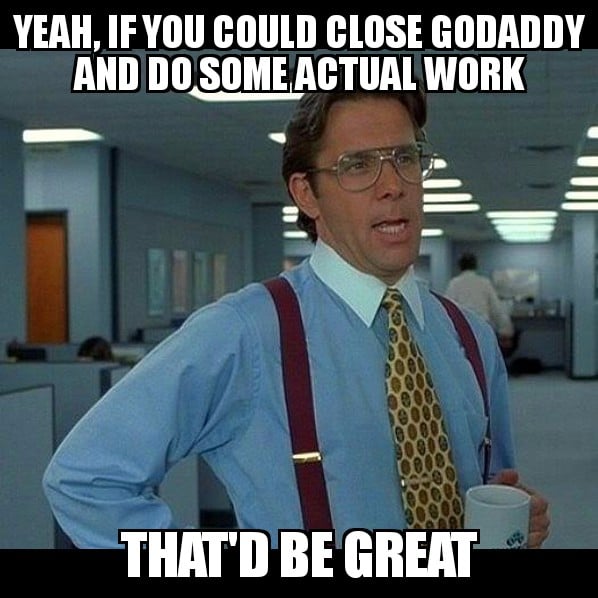
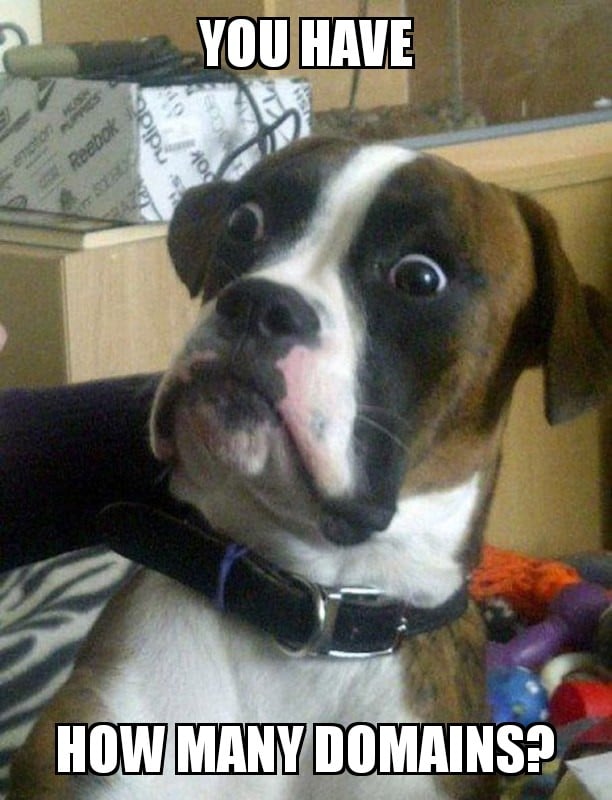
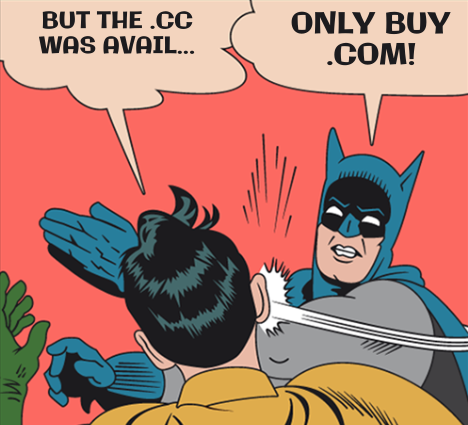


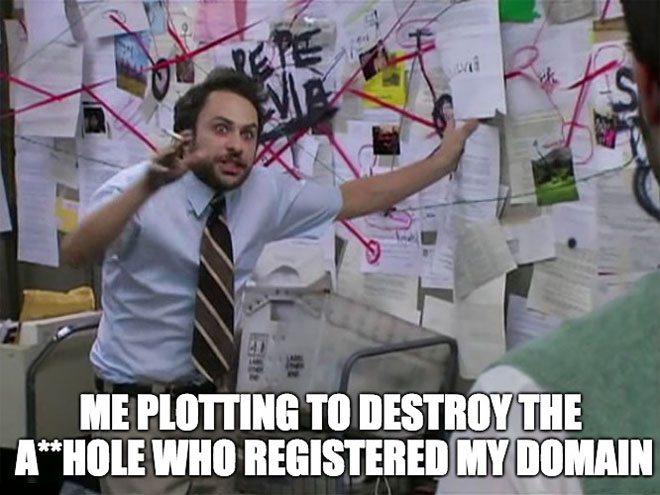

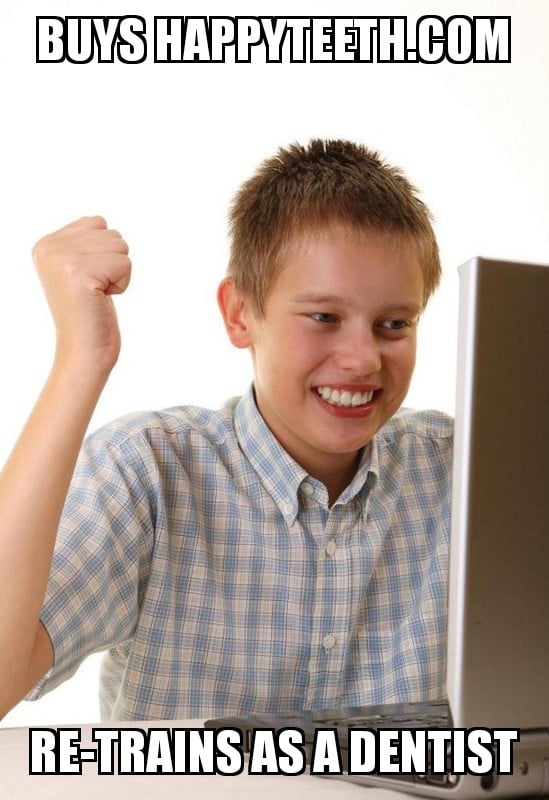
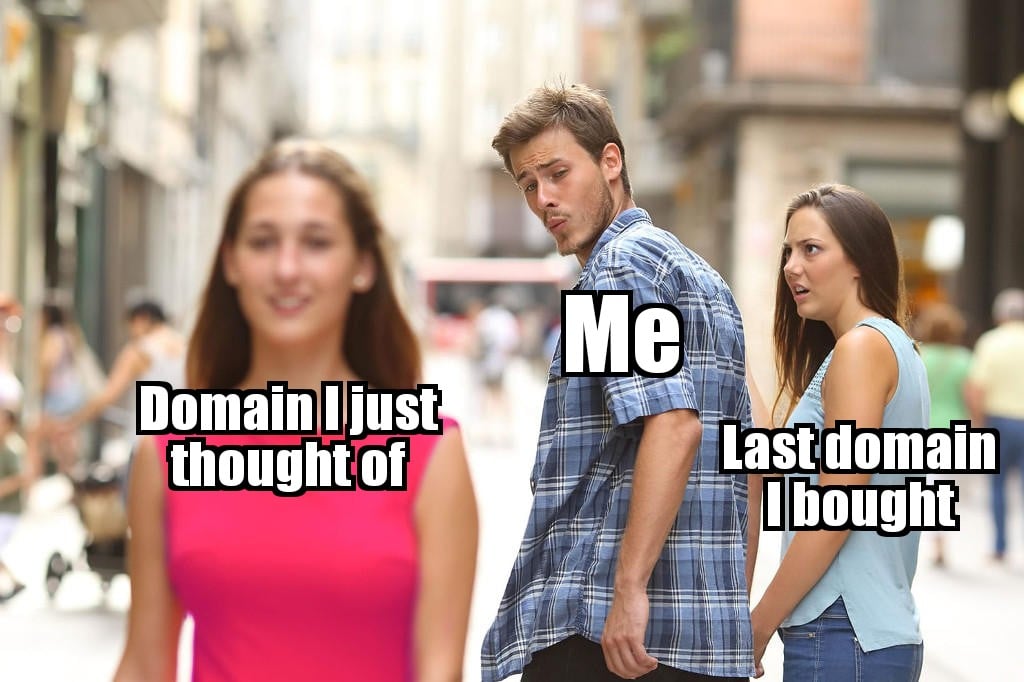
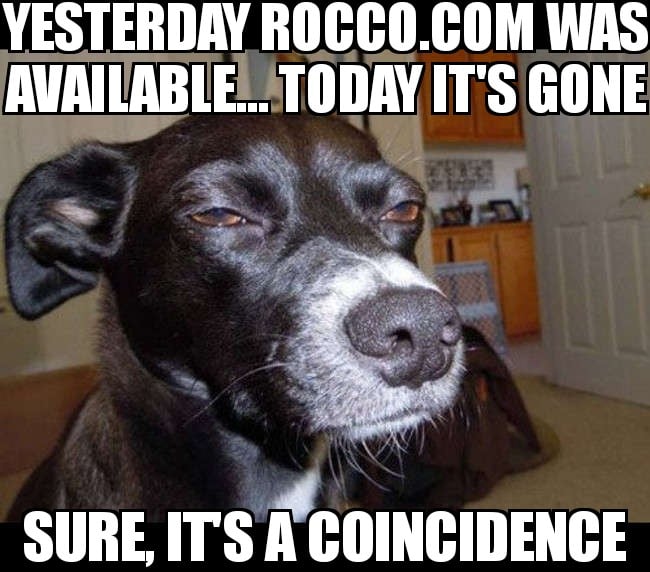
 I have a confession to make. Over the last 7 or 8 years, I've been a part of an amazing mastermind group.
I have a confession to make. Over the last 7 or 8 years, I've been a part of an amazing mastermind group.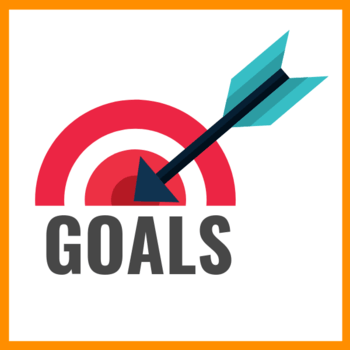

 This is where you want to get specific. It's not good enough to say I want to make money with my blog. It's better to say I want to make money by selling my first product by a specific date.
This is where you want to get specific. It's not good enough to say I want to make money with my blog. It's better to say I want to make money by selling my first product by a specific date. Now that you've broken down your goals, it's important to have a way to track your progress. It's what you do on a daily and weekly basis that will contribute to the goals that you reach on a monthly and yearly basis.
Now that you've broken down your goals, it's important to have a way to track your progress. It's what you do on a daily and weekly basis that will contribute to the goals that you reach on a monthly and yearly basis.